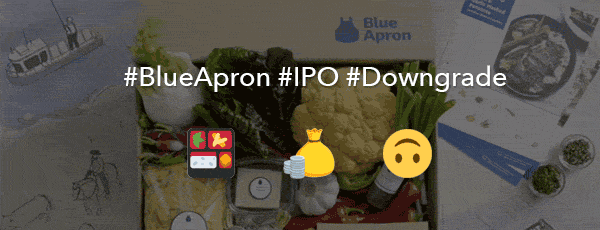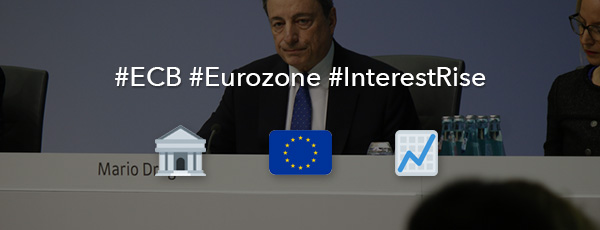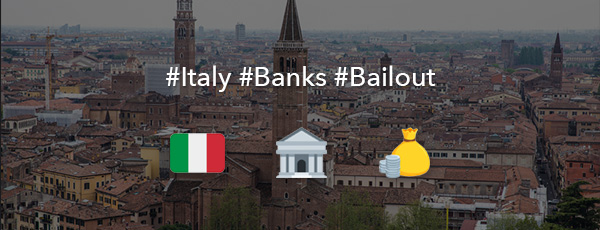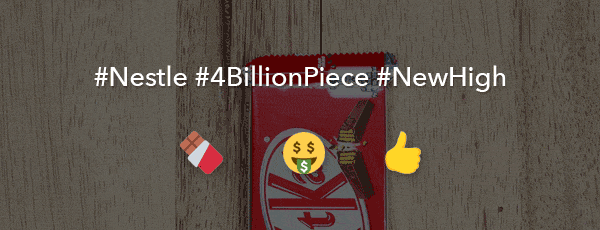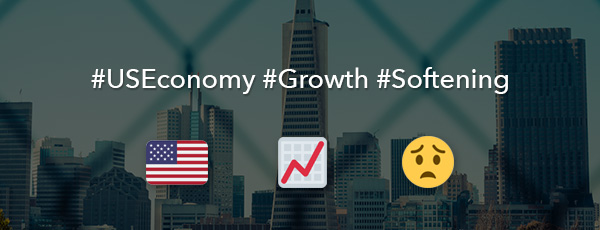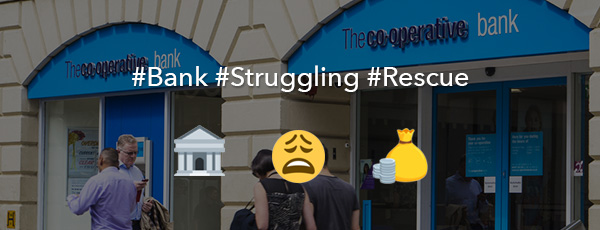
Image source:
What's going on?
The Co-op Bank, which calls itself �Britain�s leading ethical lender�, has agreed a �700 million rescue package with investors that will allow it to continue operating, after struggling to make money in recent years.
What does this mean?
The saga of the Co-op Bank has been playing out for years. Back in 2013, the loss-making bank received �1.5 billion of funding from The Co-op Group (which also owns grocery stores, funeral parlors and other companies) and investment funds to keep it going. At the time, it was viewed as a �win� because the UK government wasn�t forced to bail out the bank.
However, the bank has continued to lose money in recent years. Now, certain investors that have lent the bank money will own a proportion of the bank in the form of shares (in exchange for not being paid back in cash). The Co-op Bank will also raise new money from investors by selling new shares in itself. Meanwhile, existing shareholders, including the Co-op Group, will have their ownership greatly reduced.
Why should I care?
For you personally: There�s a big difference between depositing money in a bank and buying its bonds.
Both are forms of lending and both pay out interest. But the interest on the �bond� is higher than interest on deposits for a very good reason: it�s possible that people owning the bonds will not get paid back in full, which is exactly the case here (individual bondholders will receive less than 50% of their money back; depositors are unaffected). Yet bonds are often subtly marketed as deposit-like savings accounts, even though they are not � something to be aware of!
The bigger picture: A number of small banks have failed recently � and the system has coped just fine.
Three weeks ago, Spain�s Banco Popular faced bankruptcy and was absorbed by Santander. Last weekend, two mid-sized Italian banks were (partly) bailed out by the Italian government. And now a UK bank is going through a similar process. All three scenarios have been resolved without fears spreading that other banks could be at risk (at least, so far!), which is a sign that those respective banking systems are much healthier than they were just a few years ago.
Originally posted as part of the Finimize daily email.
The top 2 financial news stories in 3 minutes. Join over one million Finimizers
